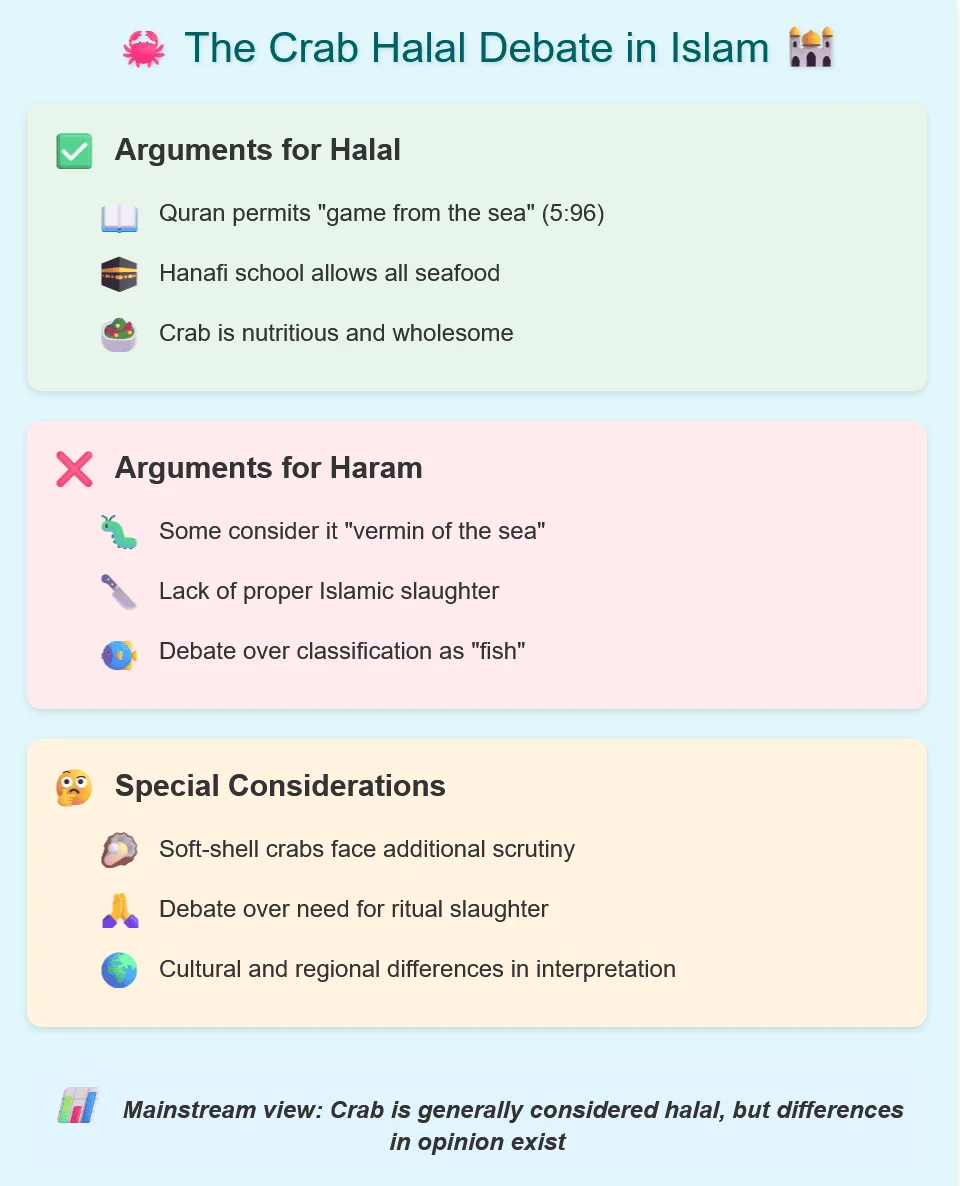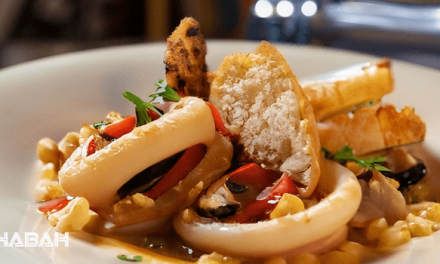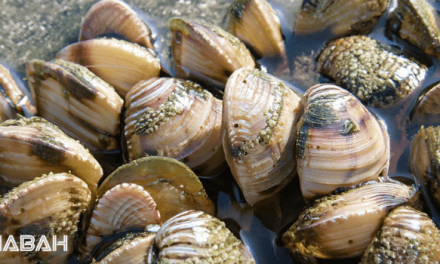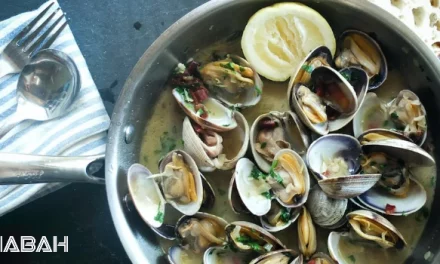Eating crab is a controversial topic among Muslims. With its sweet, delicate meat and status as a prized seafood, many Muslims wonder whether crab is halal (permissible) or haram (forbidden) to eat according to Islamic law. In this comprehensive article, we’ll examine the evidence on both sides of this debate and analyze the key factors that determine the permissibility of crab for Muslim consumption.

A Summary of the Crab Halal Debate
The permissibility of eating crab touches on broader discussions around halal seafood and whether aquatic creatures from the sea require ritual slaughter as do land animals. There are several viewpoints within Islamic scholarship:
-
The Hanafi school of law, followed by many Sunni Muslims, permits all types of seafood without exception, including crab. This is perhaps the most common view.
-
Some strict scholars argue that crab is haram because it is not slaughtered in the Islamic method.
-
Others point out that crab meat is nutritious and Islam encourages eating wholesome, pure foods.
-
There are also differences over specific types of crab, such as soft-shell crabs which are viewed with more caution.
By thoroughly examining the evidence from the Quran and hadiths, as well as analyzing the legal reasoning of different Islamic schools of thought, we can come closer to determining whether crab should be considered halal or haram for observant Muslims.
Principles from Quran on Lawful and Prohibited Foods
The Quran provides guiding principles about permitted and prohibited foods, but does not directly address whether crab is forbidden:
-
Seafood in general is considered lawful and good to eat: “Lawful to you is game from the sea and its food as provision for you and the travelers” (Quran 5:96).
-
Only certain land animals are clearly prohibited, such as pork. Fish and more broadly seafood are not included in these prohibited meat categories.
-
Allah has permitted humans to eat wholesome, pure foods from the earth: “O mankind, eat from whatever is on earth [that is] lawful and good” (Quran 2:168).
Based on these Quranic guidelines, most Islamic scholars conclude that crab is halal because it is a type of seafood that Allah has broadly allowed people to consume. The general permissibility of creatures from the sea is an important factor in analyzing whether specific seafoods like crab are permitted for Muslims.
Limited Hadith Mentions of Crab and Shellfish
There are no definitive hadiths sayings and traditions of the Prophet Muhammad (pbuh) that specifically prohibit eating crab meat. However, those who argue against crab point to some hadiths that place shellfish in a category of prohibited “vermin of the sea”:
-
“Vermin of the sea are forbidden [haram].” But jurists debated over which sea creatures this prohibition includes.
-
“Two types of dead meat and two types of blood have been made lawful for us. The two dead meats are fish and locusts.” This has been interpreted to imply that other dead sea creatures not slaughtered properly are haram.
-
“Whatever is cut off from a living animal is carrion and forbidden to eat, except fish and locusts.” Some scholars believe crabs would qualify as carrion under this definition.
However, these hadiths do not provide clear, undisputed evidence against eating crab meat. For example, the permission of locusts shows that not all insects are considered haram. And the blanket permissibility of fish does not automatically render all other sea creatures prohibited.

The Hanafi Position: All Seafood including Crab is Halal
The Hanafi school, followed by many Sunni Muslims, unequivocally permits consumption of all types of seafood without exception, including shrimp, oysters, lobster and crab. Their reasoning includes:
-
Hanafis base this on an expansive definition of “the food of the sea” which is halal. They do not make legal distinctions between types of seafood.
-
Hanafis do not consider aquatic creatures analogous to land animals. Sea animals do not require ritual slaughter as land animals do.
-
The Prophet Muhammad (pbuh) is reported to have eaten shrimp himself, indicating the permissibility of shellfish.
-
Hanafis allow eating all parts of sea creatures, including eggs found inside female crabs.
This Hanafi interpretation stems from the idea that Allah has permitted seafood consumption without major restrictions. So from this viewpoint, eating crab is unconditionally halal just as fish is.
| School of Law | Position on Crab |
|---|---|
| Hanafi | Halal |
| Shafi | Differences of opinion |
| Maliki | Differences of opinion |
| Hanbali | Haram |
*”Differences of opinion” refers to some scholars within the school prohibiting crab while others permit it.
Does Crab Qualify as Fish by Shariah Definitions?
Those Islamic legal scholars who consider crab to be halal equate crabs with fish, which are clearly established as permissible to eat:
-
Crabs live primarily in the oceans and seas like fish do, so they qualify as “food from the sea”.
-
Crabs would meet the broad Quranic definition of “game from the sea”. There are no distinctions made.
-
Crabs are often considered, prepared and eaten similar to other halal shellfish like shrimp, lobster and mollusks.
-
The aquatic nature of crabs means they do not fall under general prohibitions on land animals like pigs, dogs, lions etc.
So if crabs are classified as fish, then the general permissibility of seafood makes them halal to eat within Islamic dietary laws.
However, some jurists still argue that crabs do not meet the criteria to be considered fish and are a distinct category of aquatic life.
Is Islamic Ritual Slaughter Required for Crabs?
Some conservative scholars assert that in order to be halal, crabs must be slaughtered according to Islamic ritual method, known as zabiha:
-
They argue crabs cannot be classified as fish, so do not fall under the exemption fish have from ritual slaughter.
-
Without being slaughtered properly, crabs are essentially carrion or “found dead”, which is haram.
-
Crabs killed out of water die slowly and painfully, unlike fish who perish immediately when taken out of water.
-
Proper slaughter drains out all blood from the animal, but some blood remains in crabs when they are cooked.
From this perspective, crabs represent a unique category between fish and land animals, so the default Islamic guidelines on ritual slaughter apply to them.
However, scholars who permit crab point out that slaughtering each small crab is not practical, whereas fish are larger. And slowly killing the crab out of water helps remove blood.
Difference of Opinion on Permissibility of Soft-Shell Crabs
There are further differences of opinion within Islamic scholarship specifically concerning soft-shell crabs:
-
Soft-shell crabs are harvested by fishermen immediately after the crab has molted its hard exoskeleton and before the new shell hardens.
-
Some conservative jurists prohibit eating soft-shell crabs because they are boiled alive rather than ritually slaughtered.
-
Others allow soft-shell crabs because they consider the natural molting process equivalent to the crab self-slaughtering, which meets the religious requirement.
So determining whether soft-shell crabs are halal depends on if scholars view the molting and shedding of the old shell as satisfying the mandate for ritual slaughter. This remains an area of disagreement.
Conclusion: The Mainstream View is Permissibility of Crab
Given the lack of an explicit prohibition in the Quran or undisputed hadith, the Hanafi position of allowing all seafood without exception, and the general Quranic encouragement to eat pure lawful foods, there appears to be a reasonable basis in Islamic law and theology for considering crab to be halal and permissible to eat.
While a minority of strict conservative scholars may differ, the evidence weighs in favor of crab being halal for Muslims to consume. However, observant Muslims who avoid eating crab meat out of precaution do have a valid and well-considered stance based on orthodox scholarship. As in many issues, Islam accommodates a range of orthodox views.
The key relevant facts are:
-
The four Sunni schools of law have differing perspectives, but the majority ruling is permissibility.
-
No clear Quran or sahih hadith statement prohibits crab consumption.
-
Those who avoid crab have reasonable scholarly evidence on their side, though they are in the minority today.
-
Modern Muslim communities consider crab a delicious and appetizing source of halal seafood.
So while differences of interpretation remain and neither view can be rejected entirely, the preponderant mainstream Muslim position recognizes crab as a tasty and nutritious aquatic lifeform that is permissible and halal for consumption.
Are Crabs Halal – Frequently Asked Questions
Crabs are halal, as per the consensus among Islamic scholars.
Is it haram to eat crab?
No, eating crab is not haram. It is considered halal for Muslims.
Can Muslims eat crabs?
Yes, Muslims are allowed to eat crabs as long as they are prepared and consumed according to halal guidelines.
Is crab known as “al-hayawan al barma’i”?
No, crabs are not specifically referred to as “al-hayawan al barma’i.” This term refers to a different creature.
Is crab haram to eat?
No, crab is not considered haram to eat. It is permissible in Islam.
Does crab fall under haram food?
No, crabs do not fall under the category of haram food. They are considered halal.
Does crab also include land and sea animals?
No, crabs are specifically classified under sea animals and are permissible for Muslims to eat.
Does crab contain haram ingredients?
No, crab does not contain any haram ingredients. It is considered halal for consumption.
What do religious scholars consider regarding crab?
Religious scholars consider crab halal for Muslims to consume.





